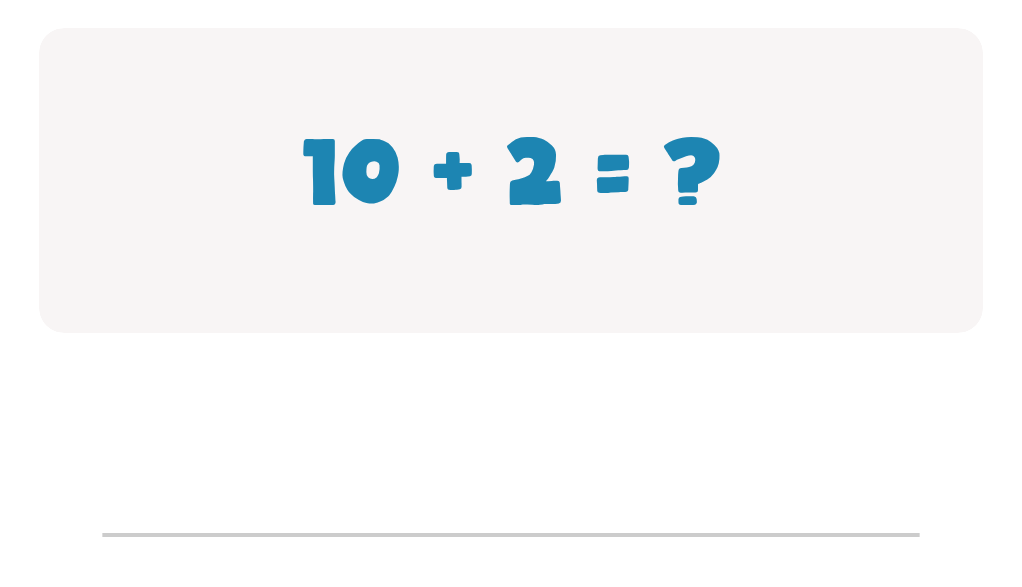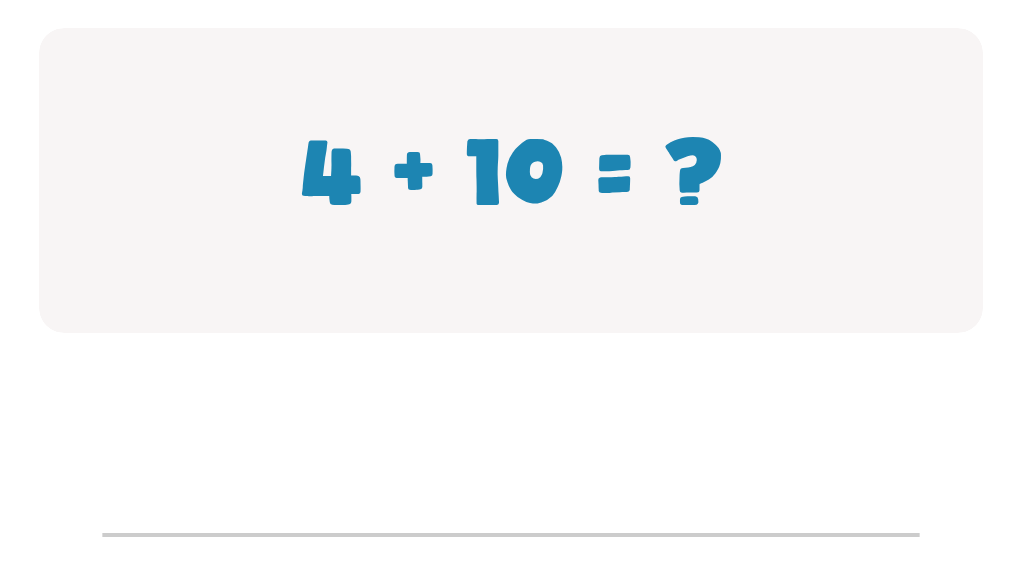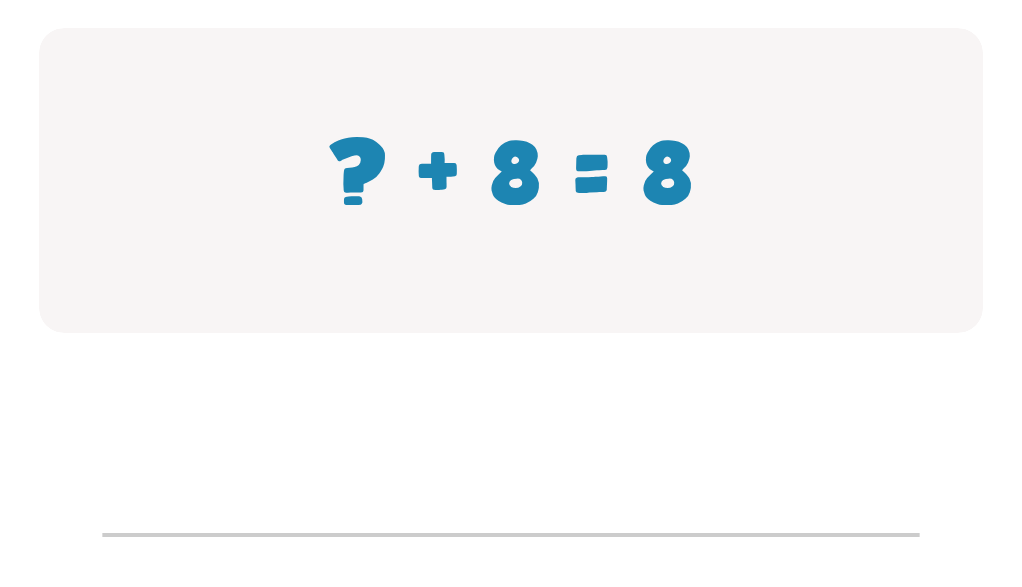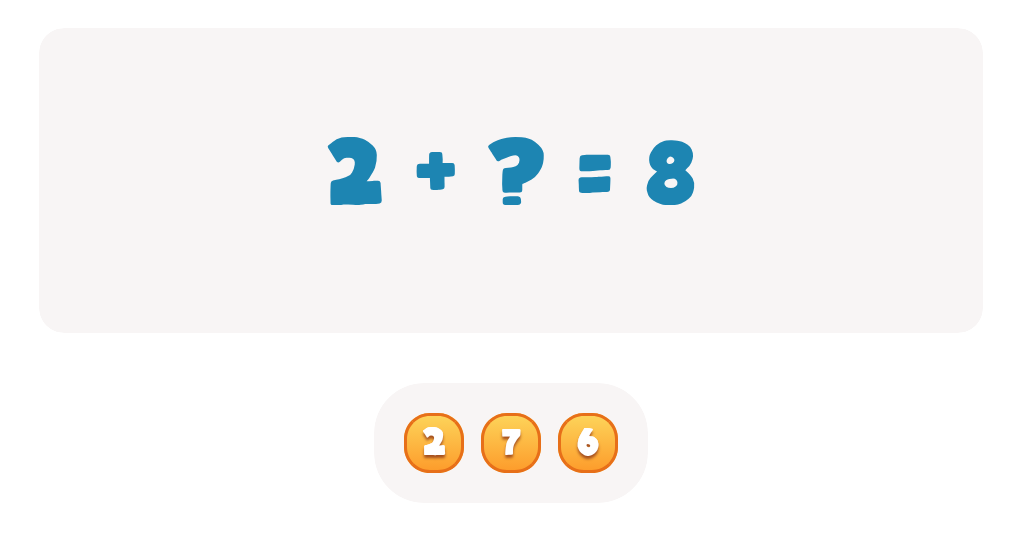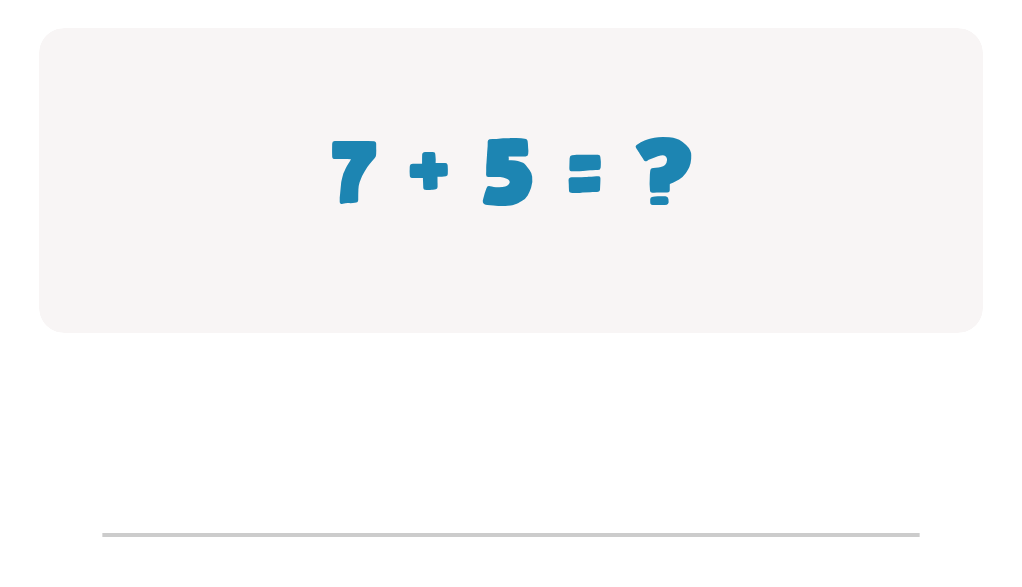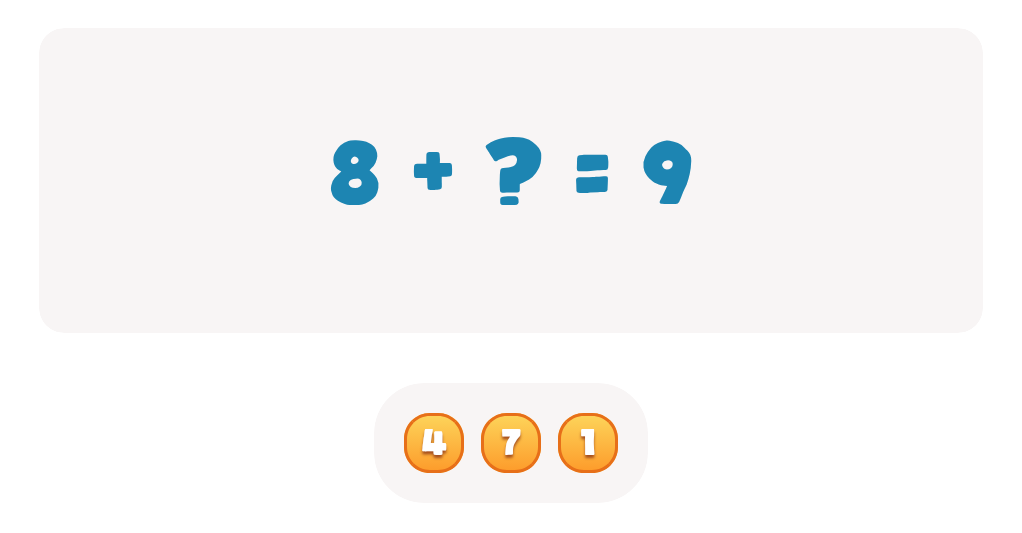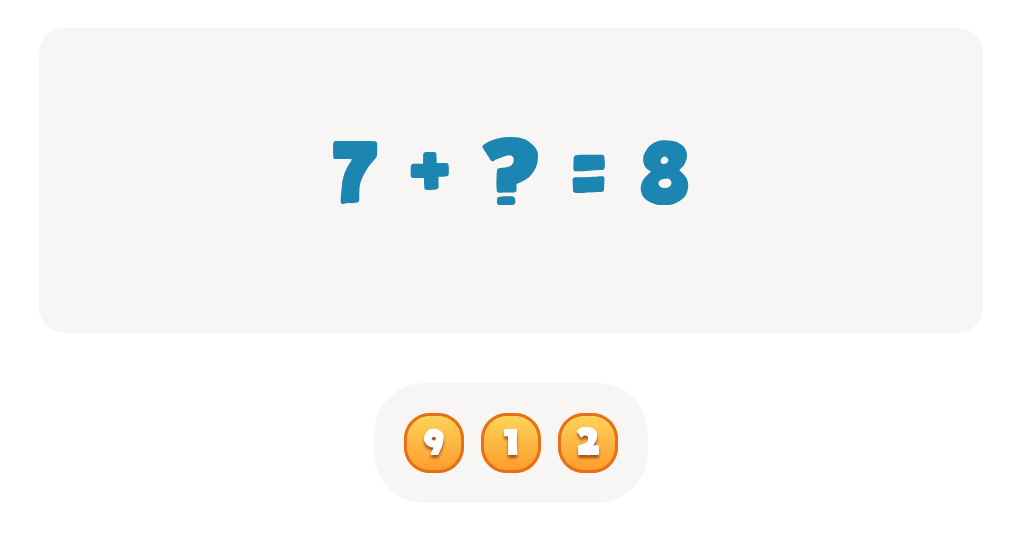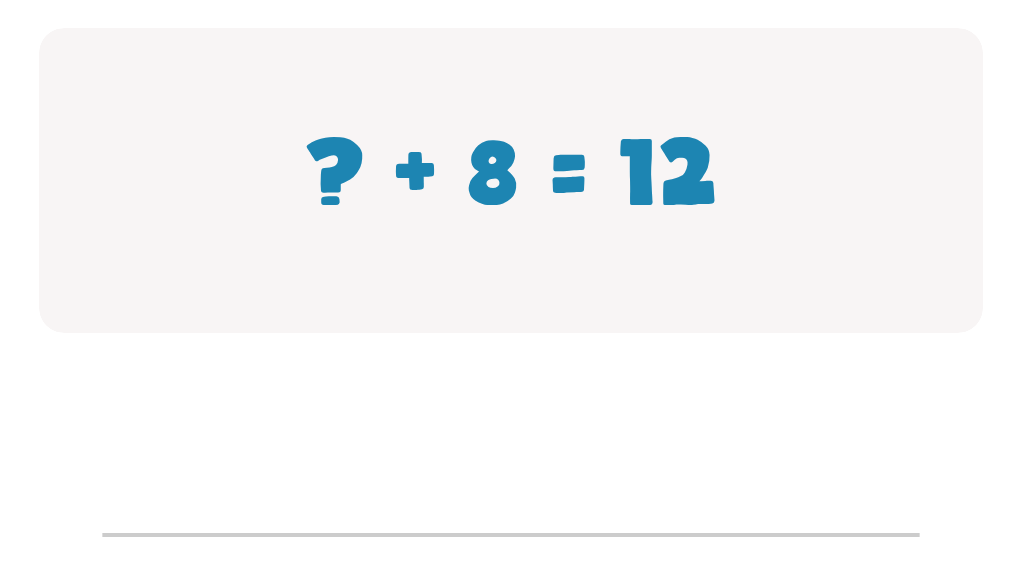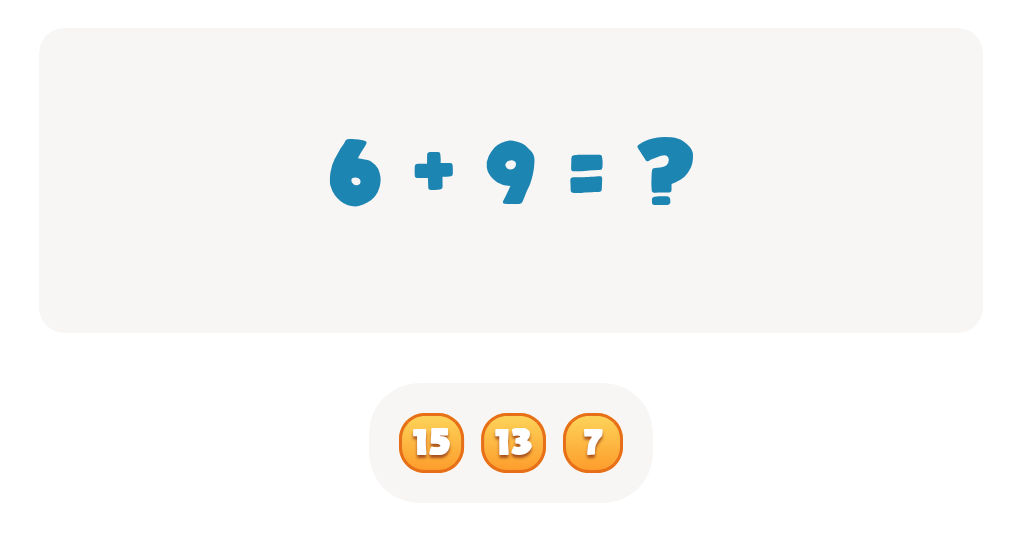Addition Practice Addition Facts Worksheets for Ages 5-9
6 filtered results
-
From - To
Enhance your child's math skills with our "Addition Facts Worksheets for Ages 5-9." These engaging resources provide targeted practice for young learners to master essential addition concepts. Each worksheet is designed to build confidence and improve speed in solving addition problems while fostering a love for math. Tailored for children aged 5 to 9, our exercises range from simple single-digit addition to more challenging problems, ensuring a progressive learning experience. Parents and educators can easily access printable materials to support classroom activities or at-home learning sessions. Help your child become a confident mathematician with our fun and educational addition practice worksheets!
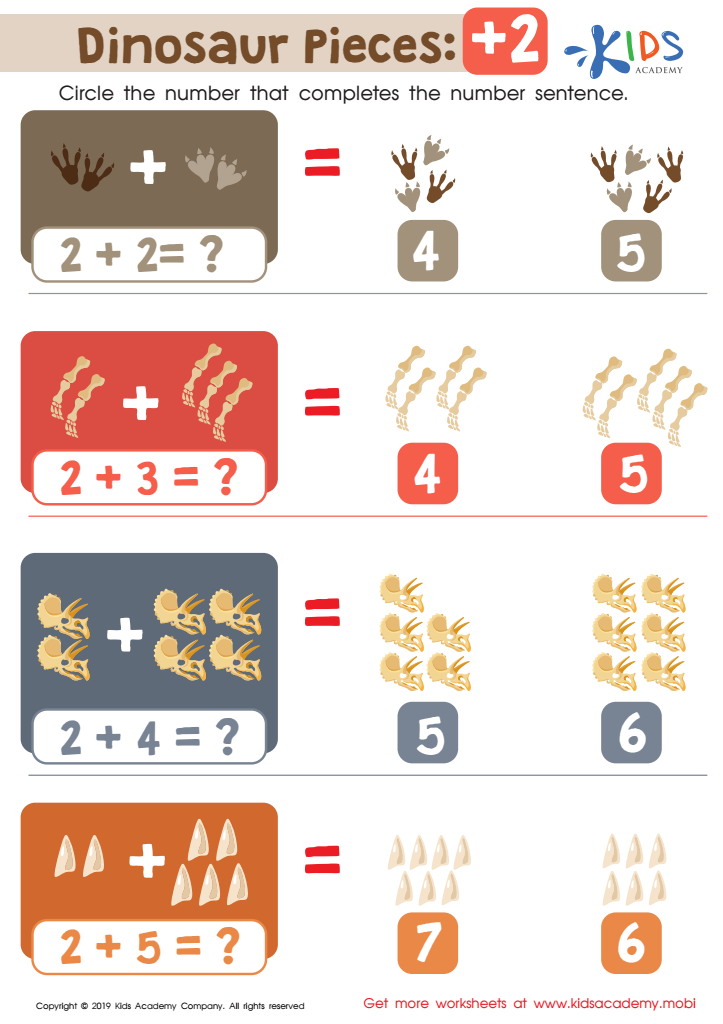

Dinosaur Pieces: +2 Worksheet
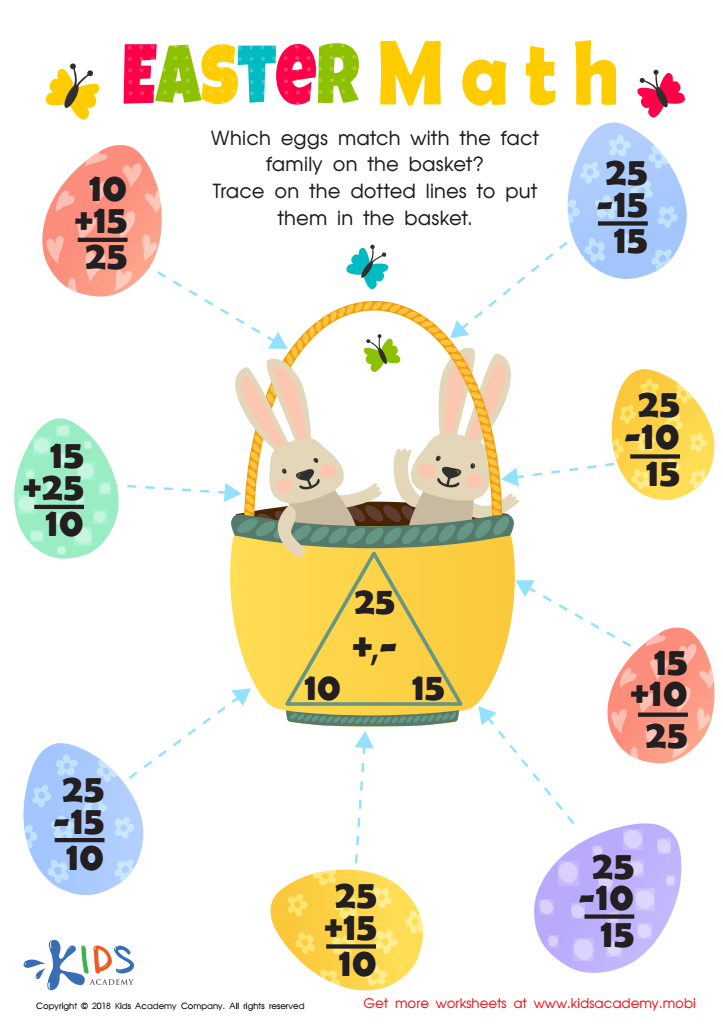

Fact Families: Easter Math Worksheet
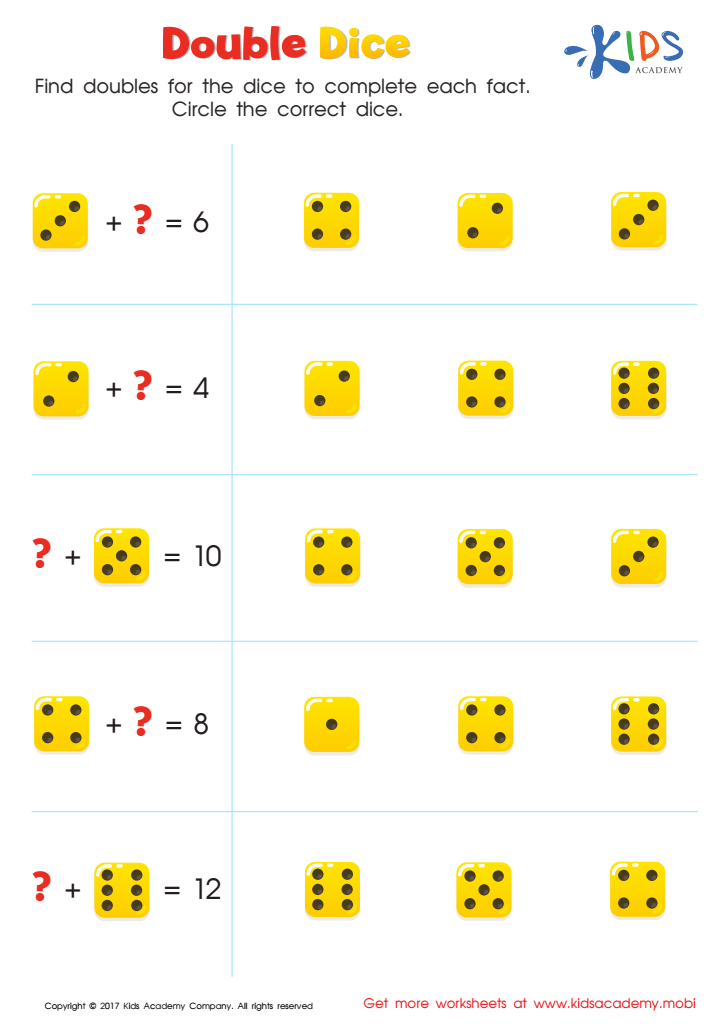

Addition Facts: Double Dice Worksheet
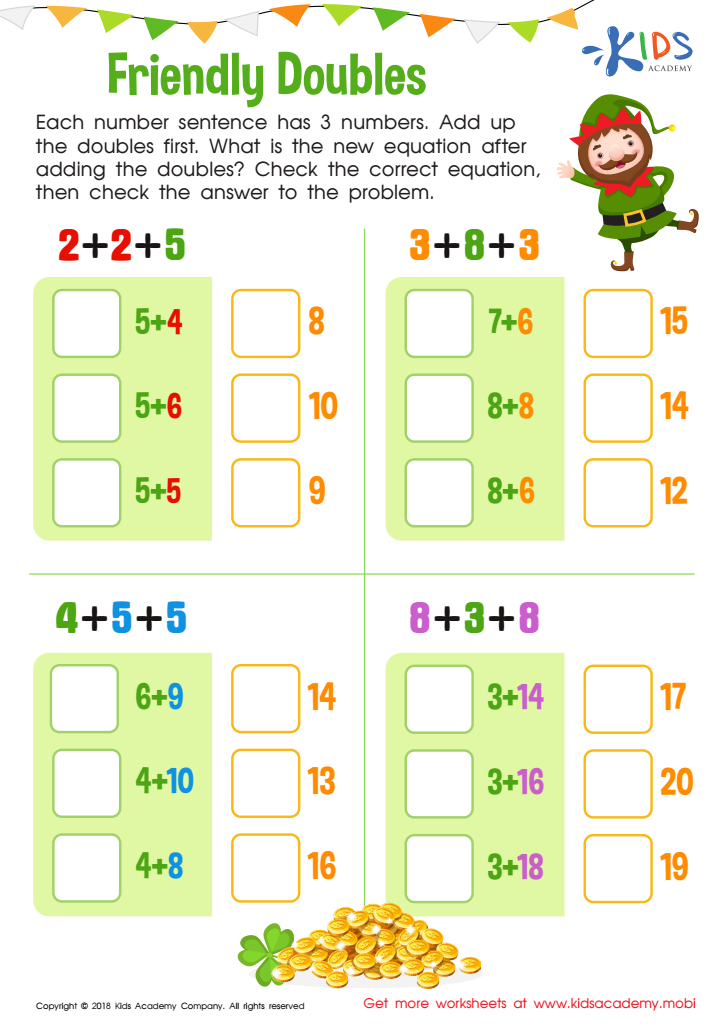

Friendly Doubles Worksheet
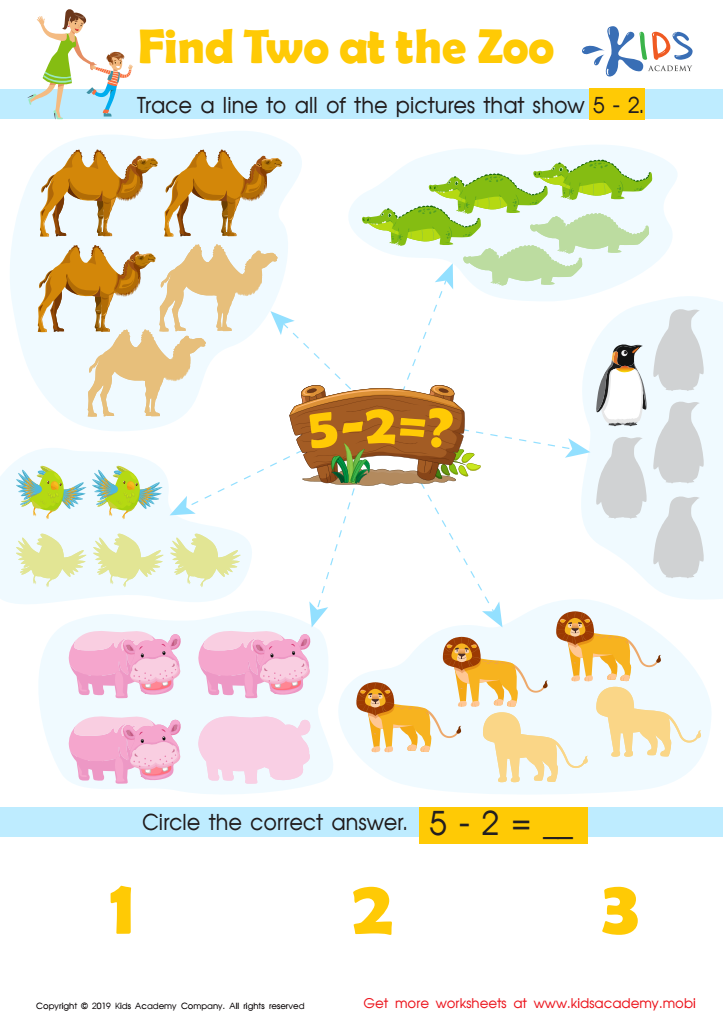

Find Two at the Zoo Worksheet
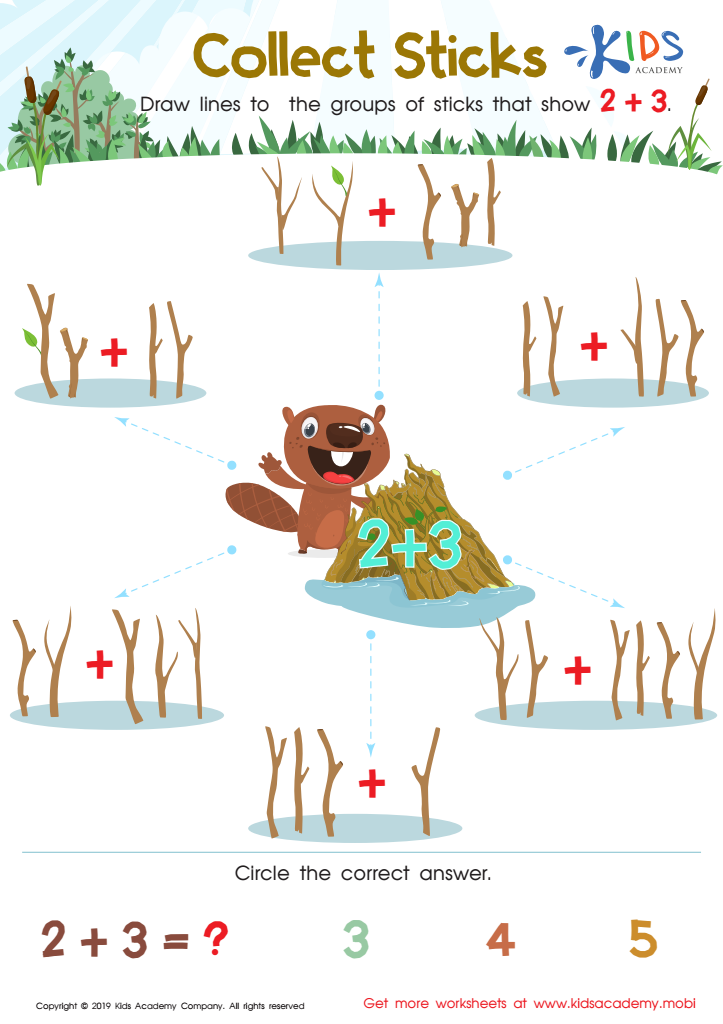

Collect Sticks Worksheet
Parents and teachers should prioritize addition practice for children aged 5-9 because mastering basic arithmetic forms the foundation for future math proficiency. At this developmental stage, children are in critical cognitive training for problem-solving and analytical thinking. Frequent practice of addition facts enhances number sense, allowing young learners to recognize patterns and relationships between numbers, which is essential for more complex math operations.
Moreover, fluency in addition boosts children's confidence in their mathematical abilities. When children can quickly recall sums, they are better equipped to tackle more challenging subjects, such as subtraction, multiplication, and division, as they progress in their education. Additionally, building a solid understanding of addition helps in real-world applications, like managing money or planning.
Furthermore, engaging in addition games and activities can make learning enjoyable, promoting a positive attitude towards math from an early age. This early engagement encourages a lifetime interest in mathematics and related fields. In essence, consistent addition practice not only sets children up for academic success but also nurtures critical thinking and problem-solving skills that are vital both in school and in everyday life.
 Assign to My Students
Assign to My Students
